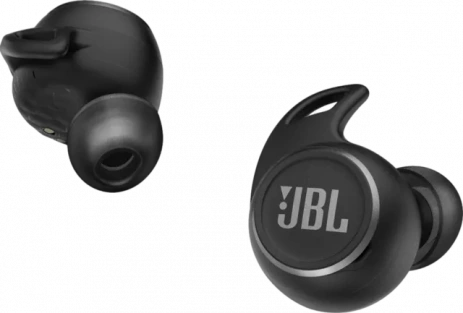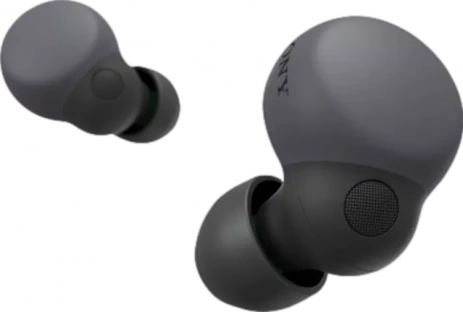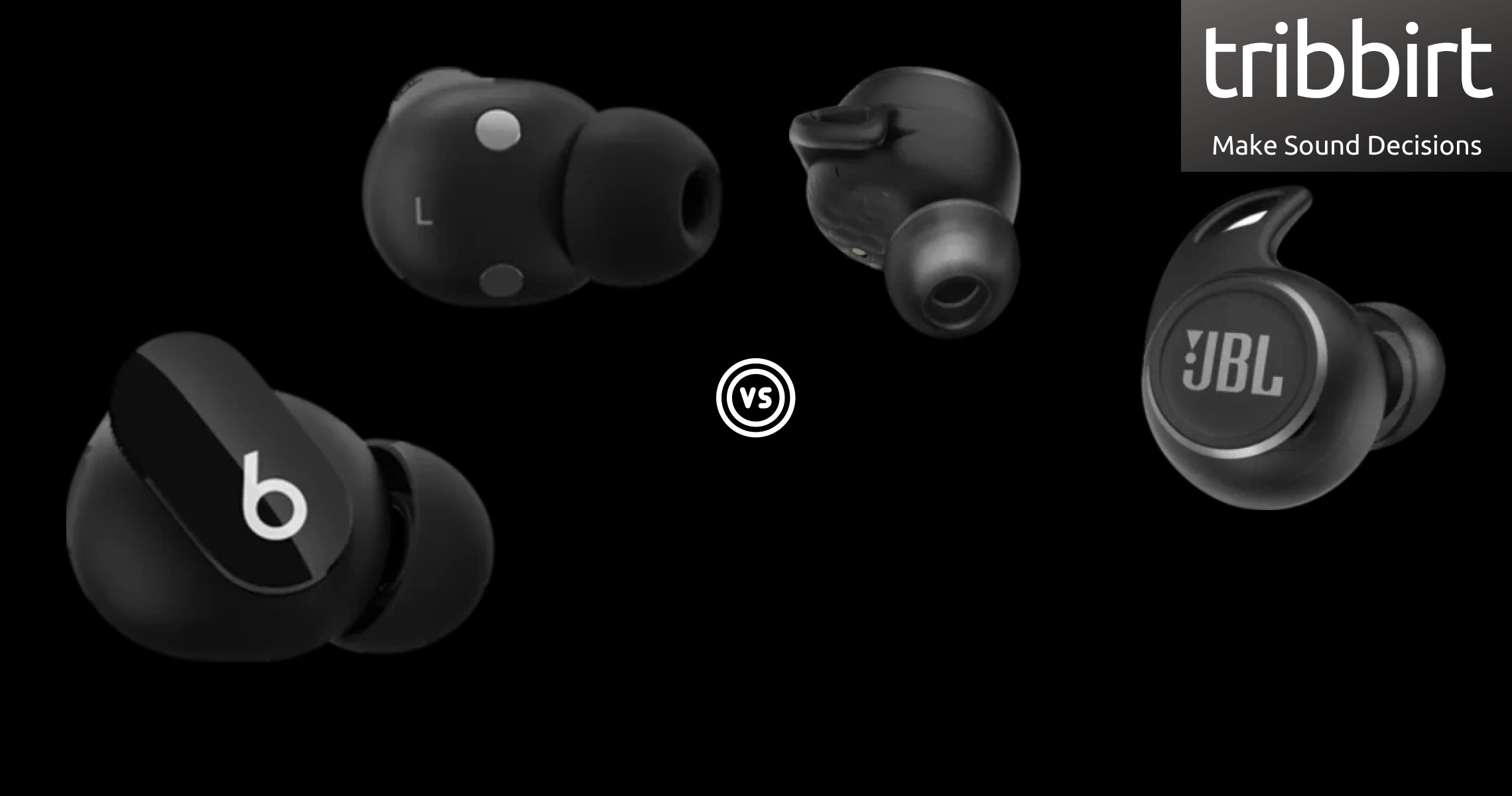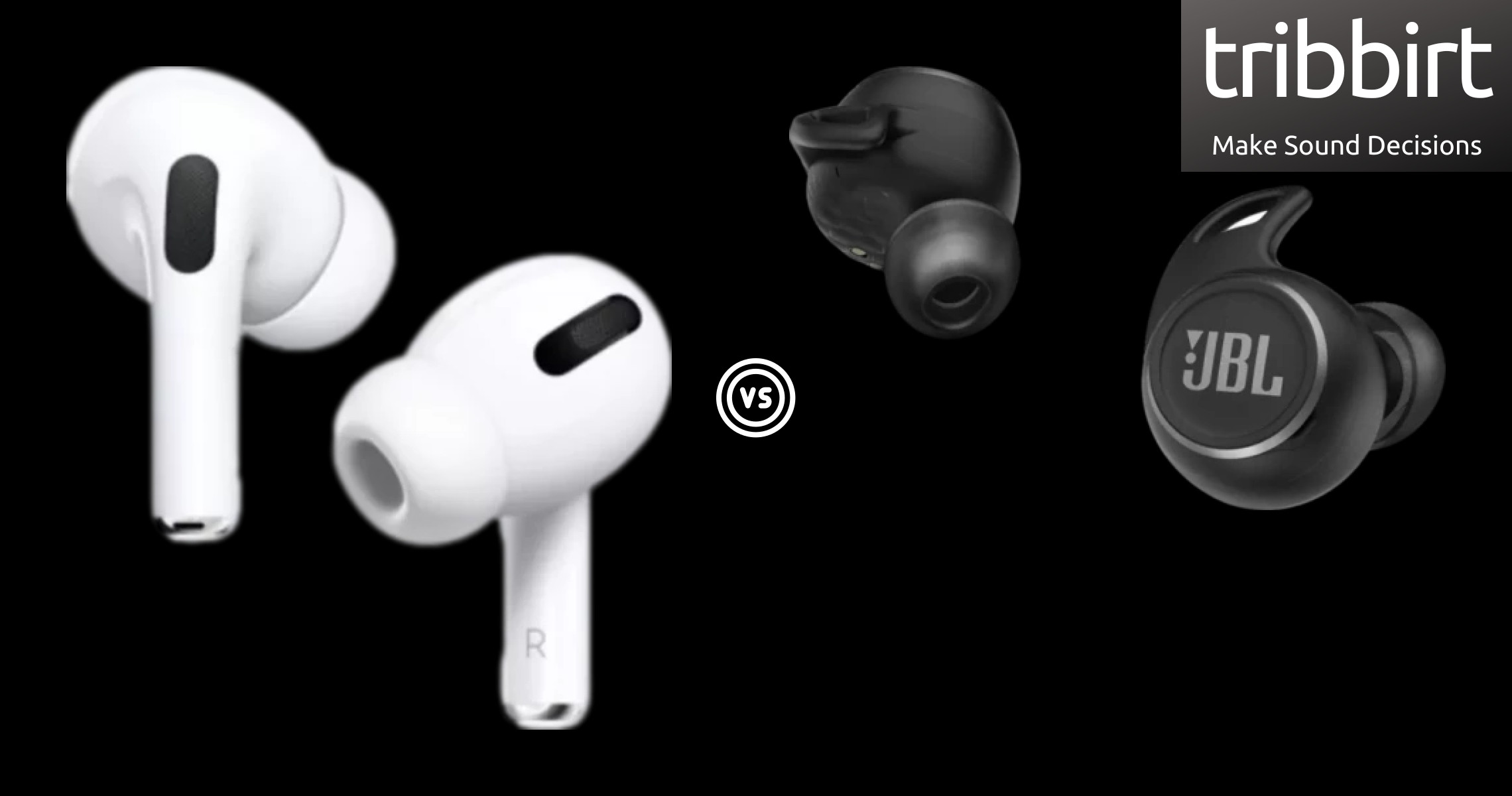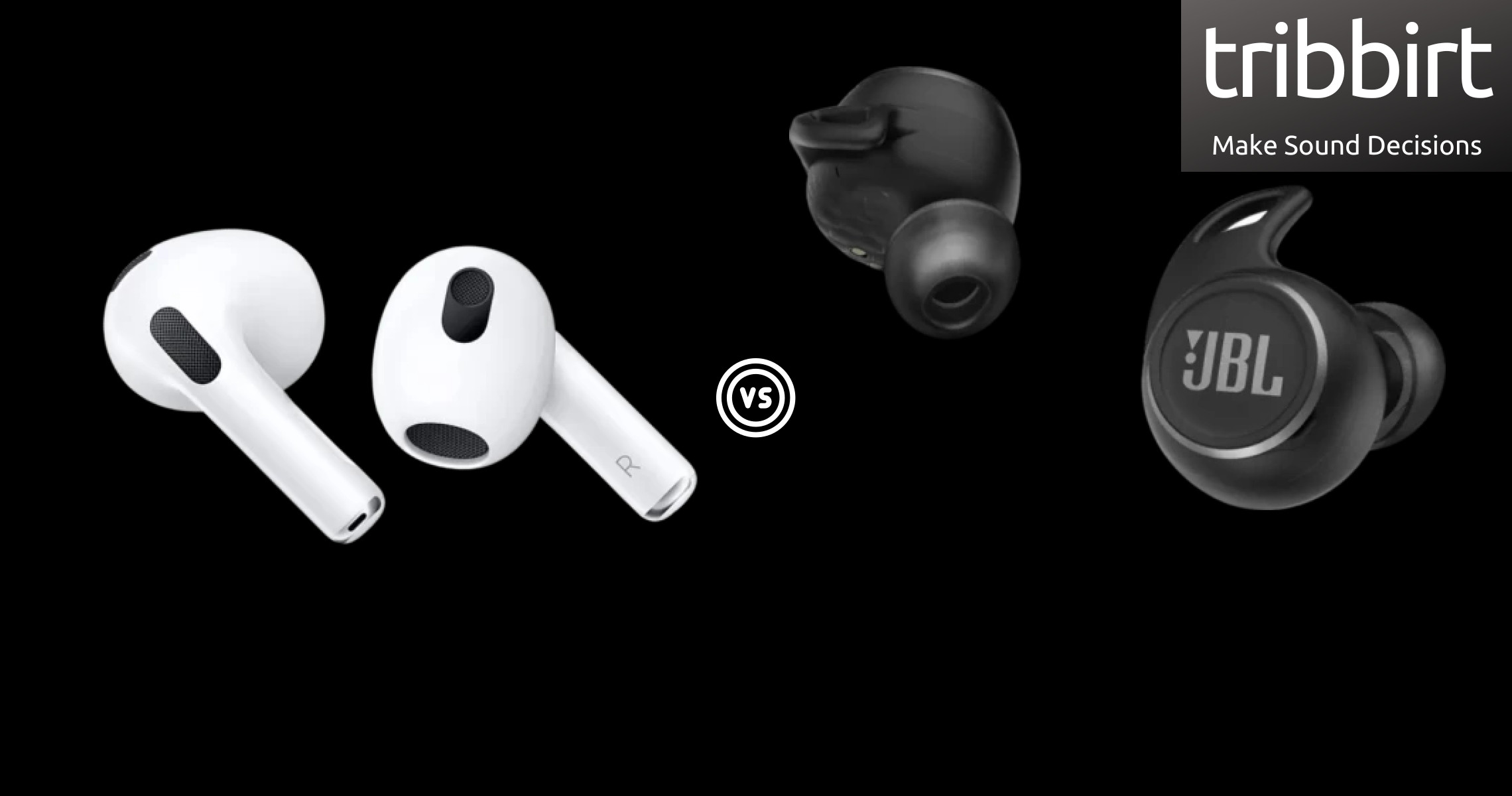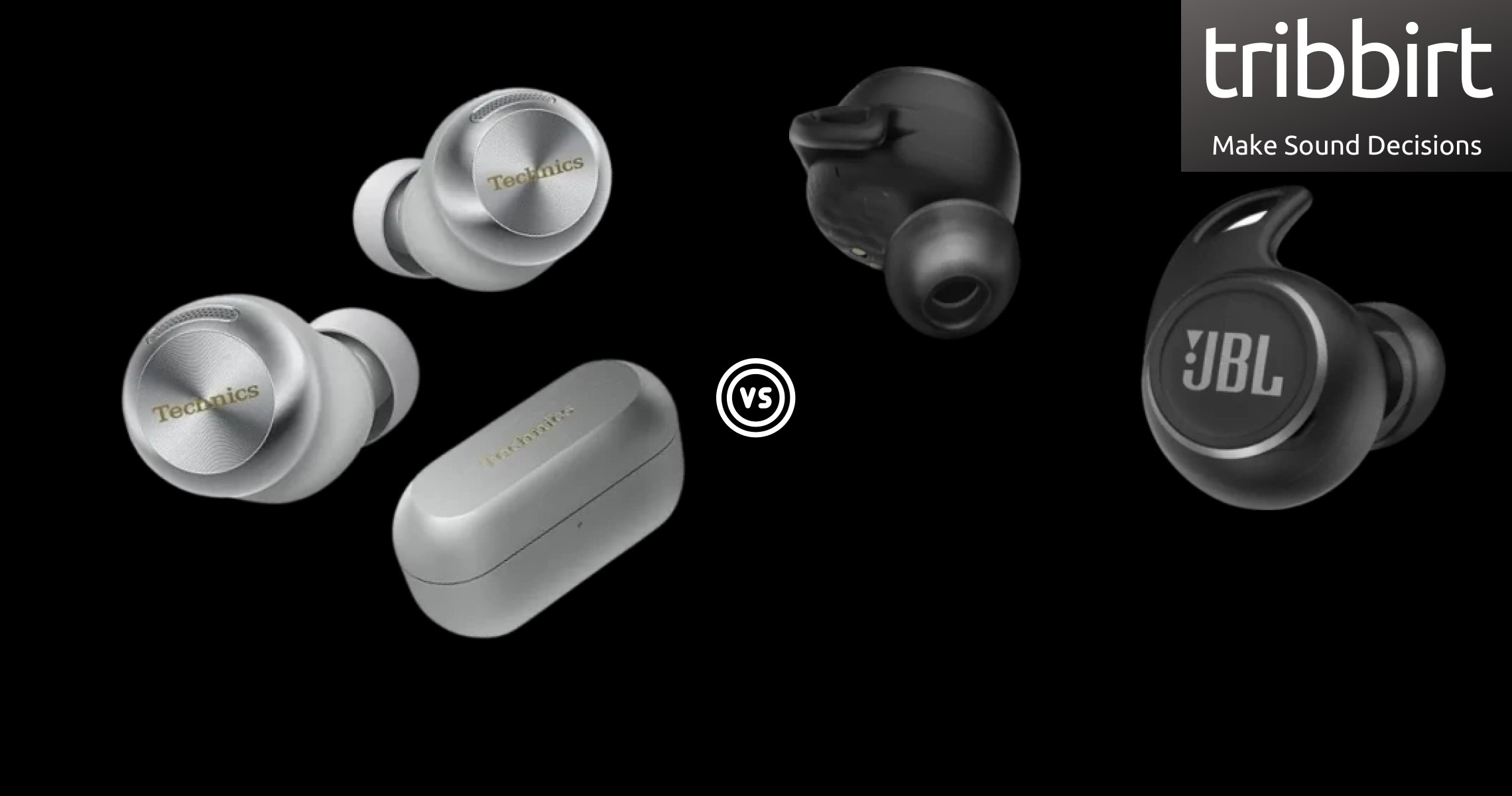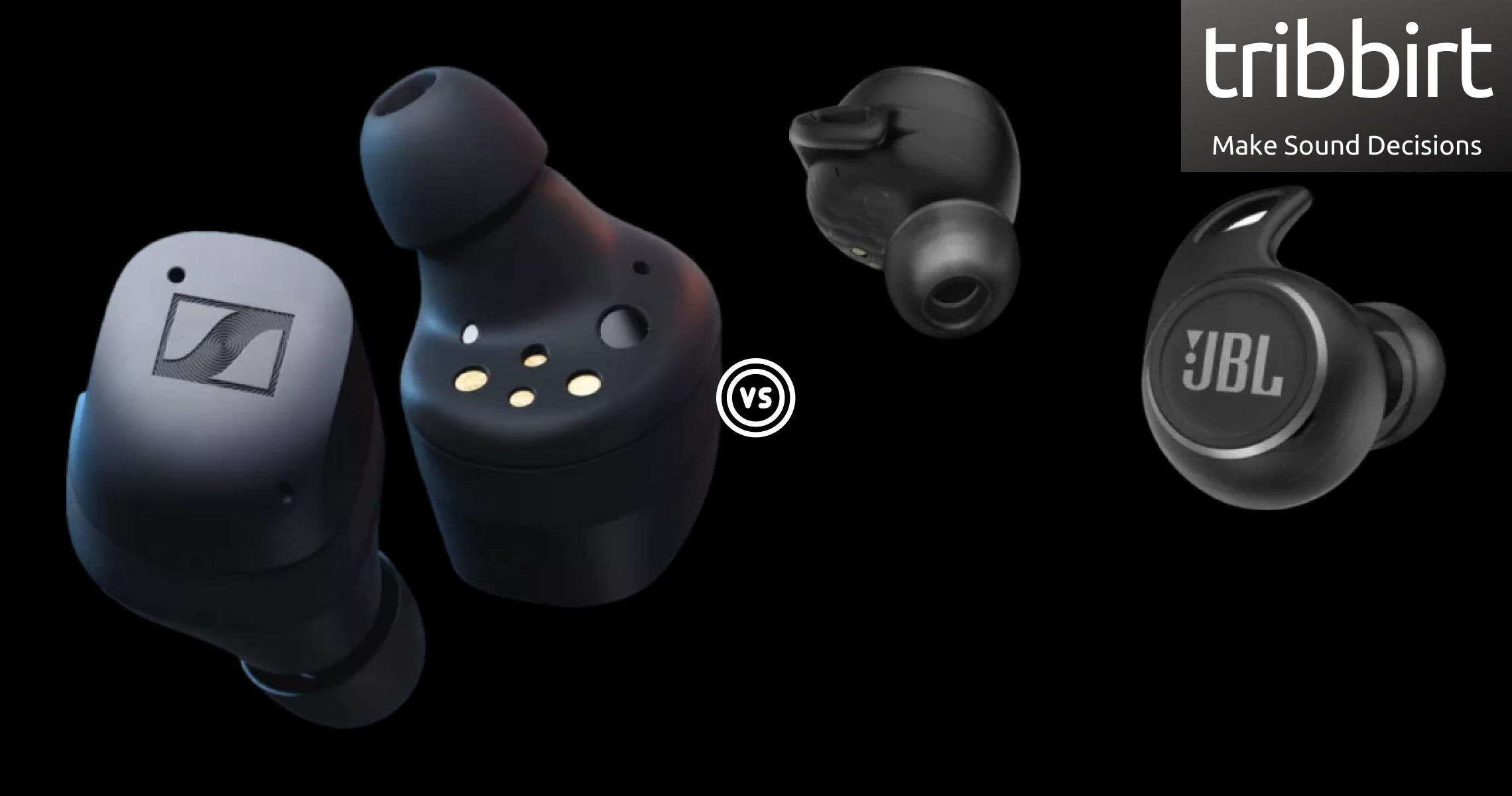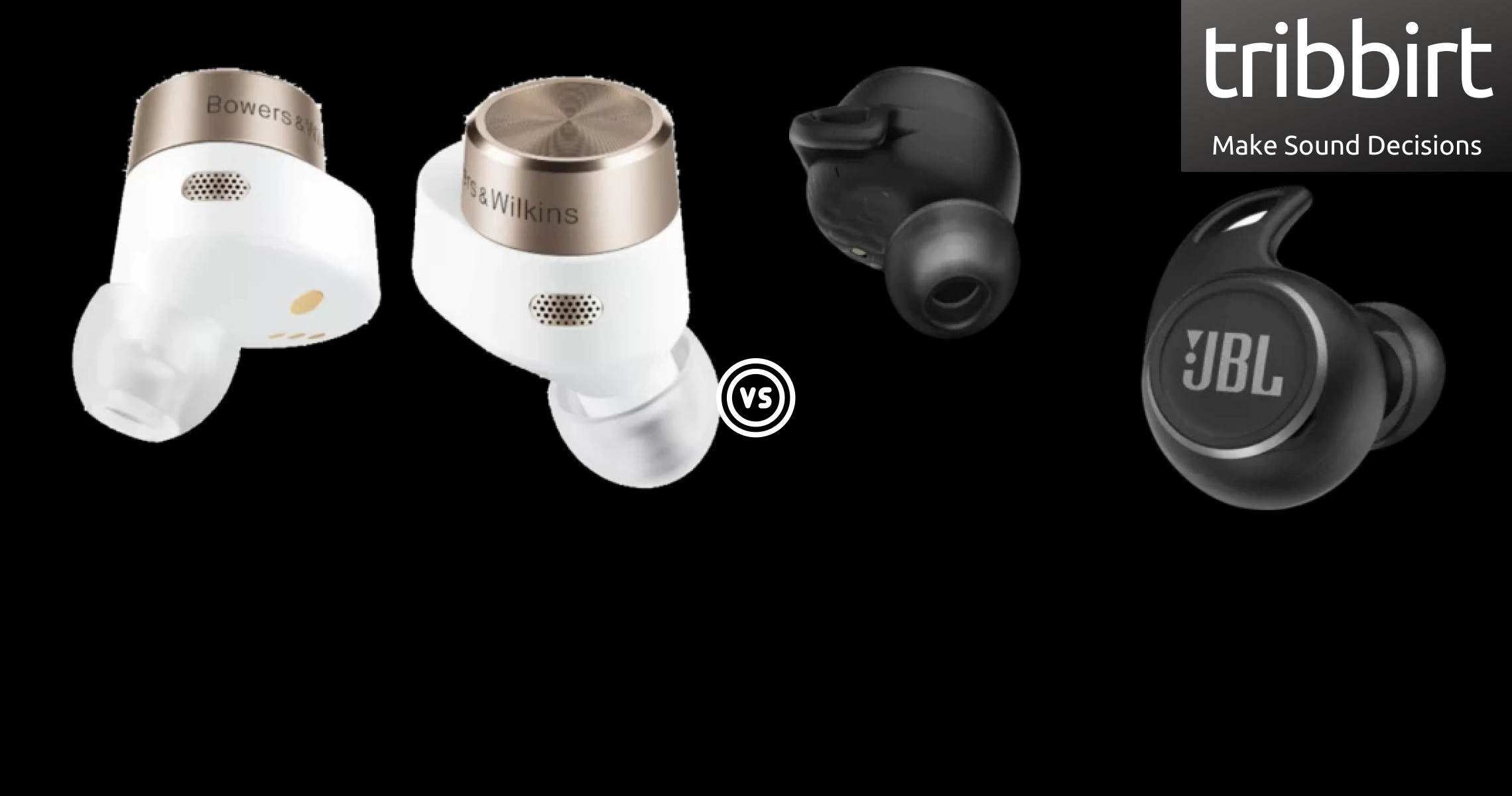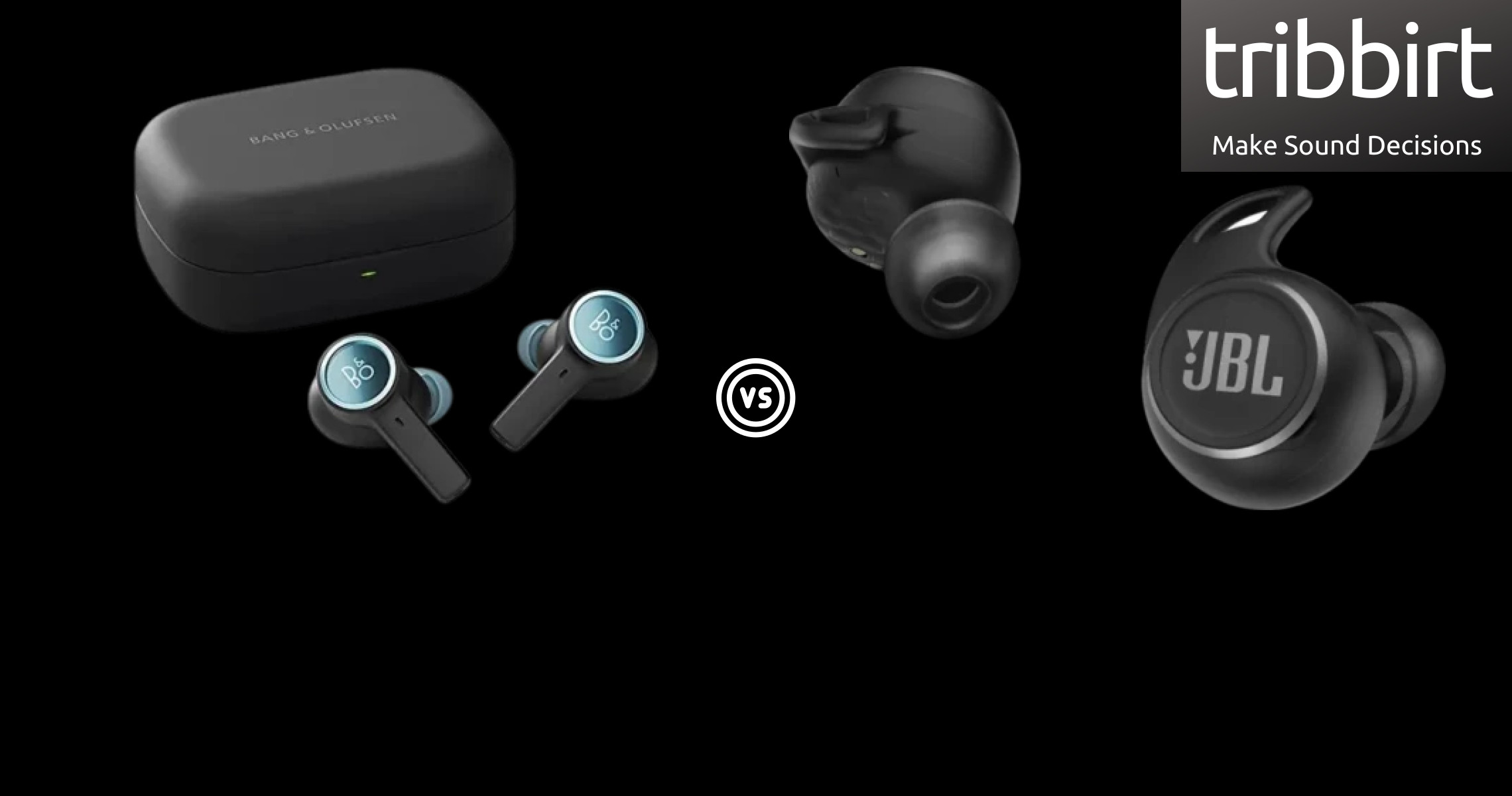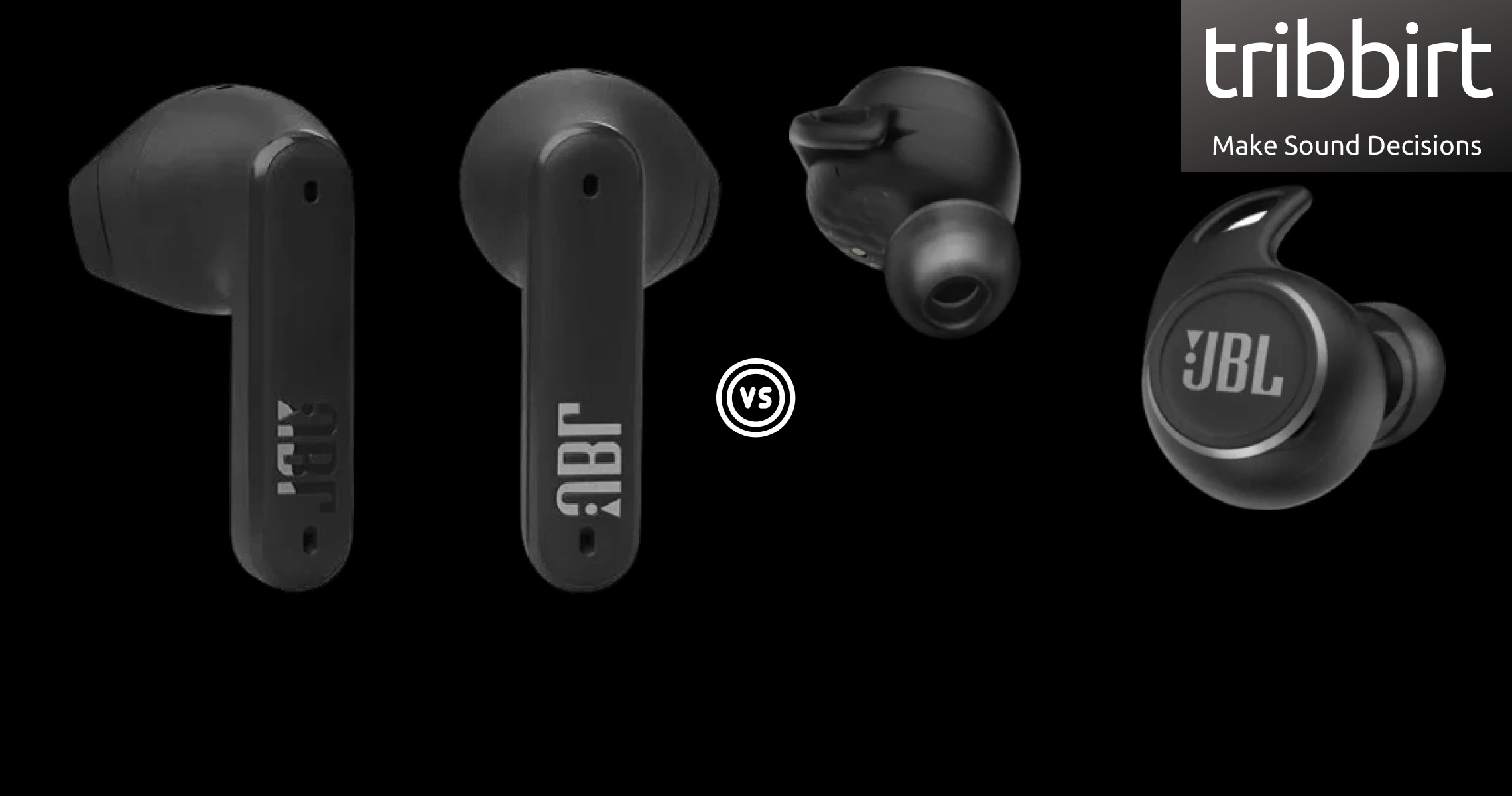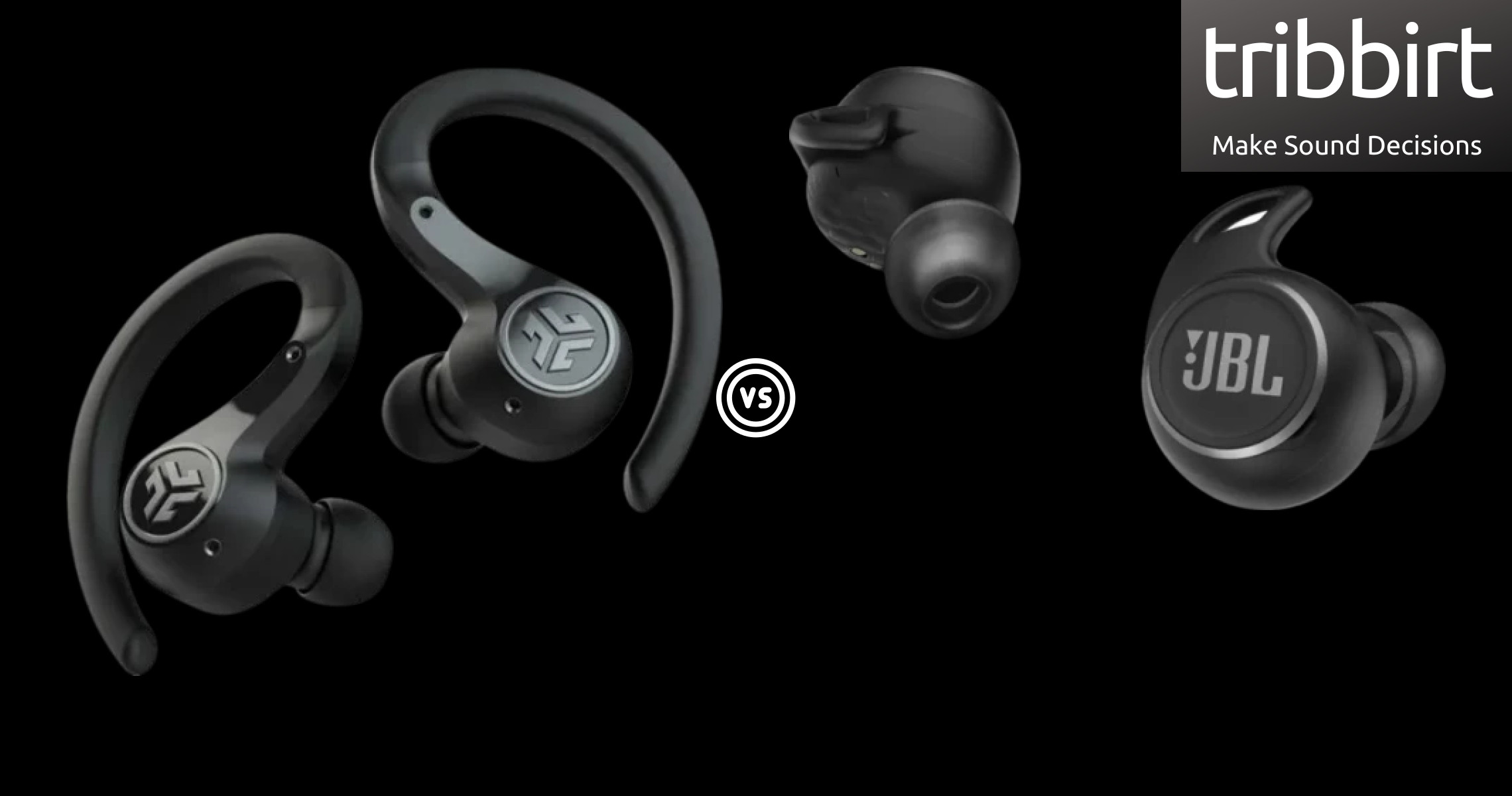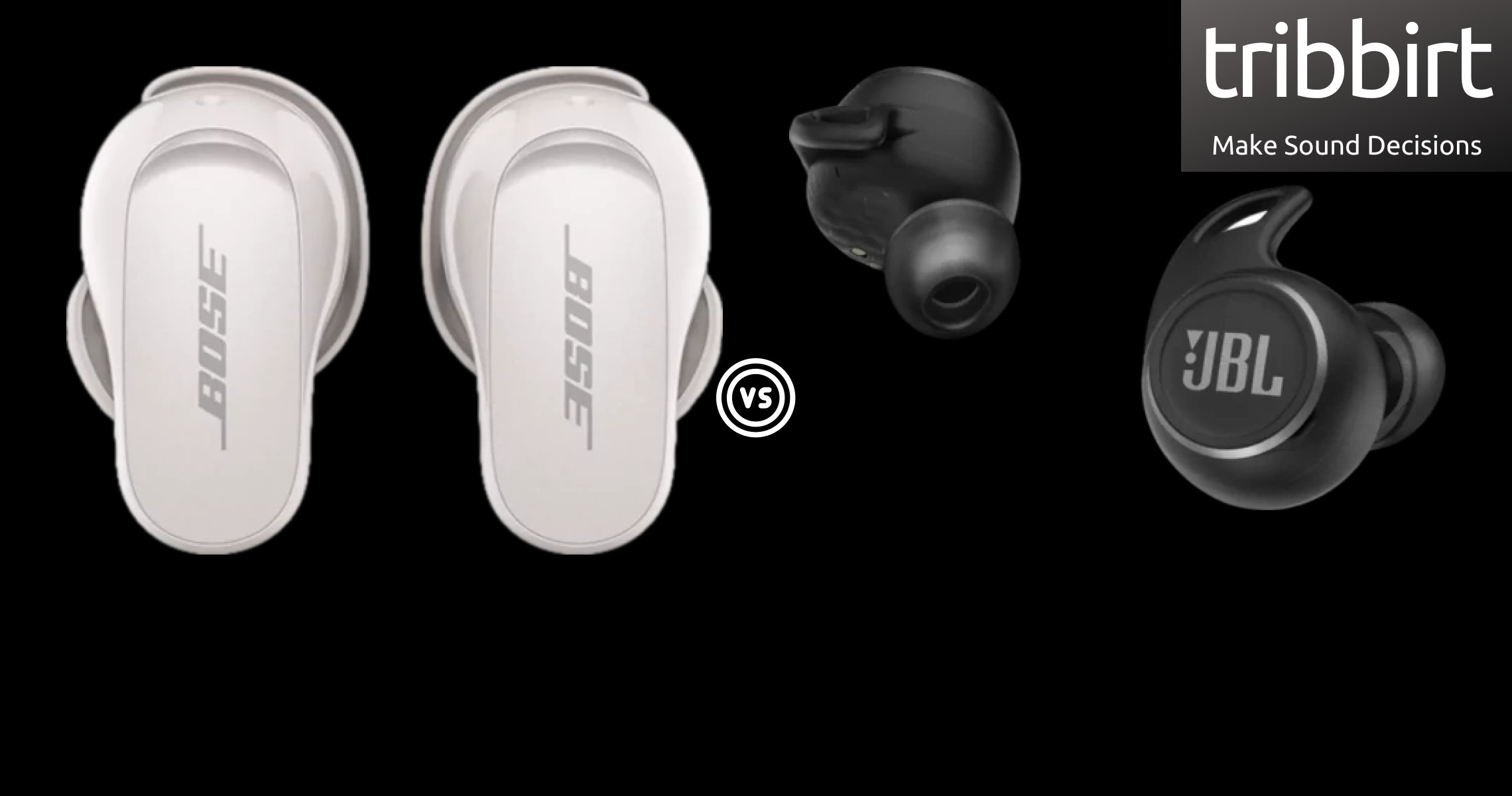Ingress protection ratings refer to the rank of protection offered by an enclosure, against dust and water. In the format of IPXX, 'X' represents a number The first value of the IP rating represents protection against solids such as dust, followed by the one that refers to resistance against liquids (water).
Scoring IP68, the JBL Reflect Aero's rating is read as, the first value of 6 denotes that they are completely dust proof, and the second number of 8 means that they are protected against the effects of continuous immersion in water, ingress of water in quantities causing harmful effects shall not be possible. Conditions should be more severe than for numeral 7..
Compared to the JBL Reflect Aero, Sony LinkBuds S have a rating of IPX4 meaning that
no data available to specify a protection rating
and that of liquids is that,
Sony LinkBuds S has a lower liquid rating than JBL Reflect Aero
JBL Reflect Aero have a weight of 13g . We take in account a lower weight best for the reason that lighter devices are easier to move with.
Sony LinkBuds S, at 9.6g
are lighter than the JBL Reflect Aero by -3.4g
True wireless devices have no cables linking any part of the device together, JBL Reflect Aero are true wireless for this case since they don't have cables. This is a major distinction as some wireless earbuds have cables linking the 2 earbuds together. Sony LinkBuds S also is true wireless since it has no wires connecting the 2 earbuds together.
The JBL Reflect Aero come with wingtips, these are reserved for earbuds for workouts and come as an optional add-on to the separate silicone ear tip for a more secure fit. JBL Reflect Aero have sweat resistance
Sony LinkBuds S's resistance to sweat makes both devices ideal for use while doing sports such as long-distance running, marathons, training in workout bodysuits, etc
JBL Reflect Aero are both dustproof and water-resistant. JBL Reflect Aero have stereo speakers, devices with stereo speakers deliver sound from independent channels on both left and right sides, creating a richer sound and a better listening experience.
Both Sony LinkBuds S and JBL Reflect Aero have stereo speakers
ANC uses more advanced technology to actively cancel noise. How it works, it listens to the sound pattern of incoming noise and after generates a mirror signal to counter it. In simple terms, it's like taking +1 (noise) and producing -1 (counter sound by the device) giving 0 which results in a reduced level of noise.
The JBL Reflect Aero have Active Noise Cancellation enabling you to listen at lower levels of volume, causing less ear fatigue as you don't have to crank up the earbuds volume to overcome background sounds. Sony LinkBuds S too have Active Noise Cancellation which makes both earbuds ideal for flights and morning travels. Each operate with different noise cancellation modes, pick the mode that suits your commute or that enhances your chill time.
JBL Reflect Aero sit tightly in place, this creates a sound covering that reduces your environment noise and also prevents the earbuds sound from leaking out .
Both Sony LinkBuds S, and JBL Reflect Aero have passive noise reduction which means that both tone down ambient noise instead of actively using ANC to cancel it out. JBL Reflect Aero have a unit size of 6.8mm in diameter, bigger drivers are more powerful, and can produce better bass. The driver unit is basically a mini speaker that makes sound in the device, the unit size determines the sound made by the device.
Sony LinkBuds S driver unit is 5mm in diameter,
which implies that they have a smaller driver unit than that of JBL Reflect Aero by 1.8mm
, a common assumption that driver units of a bigger size automatically produce better sound quality.
However, large drivers usually have difficulty producing high frequencies so it's true that, larger drivers can generate louder sound, but this does not indicate that they produce better quality sound. JBL Reflect Aero's lowest frequency is at 20Hz, low-frequency response measures if and how well an audio device produces low frequencies that can be heard, and if it makes any changes to the signal while at it.
Sony LinkBuds S's lowest frequency is at 20Hz, this implies that
both devices produce equal bass
The JBL Reflect Aero's highest frequency is at 20,000Hz, high-frequency response shows how well a particular audio device produces high audible frequencies and if it makes any changes to the signal while at it. Sony LinkBuds S's highest frequency is at 40,000Hz, this implies that
Sony LinkBuds S produce a clearer and crispier treble than the JBL Reflect Aero
The sound pressure level, is the pressure level of sound, measured in decibels, dB, JBL Reflect Aero's measurement is 99dB/mW. Devices with a higher sound pressure level are generally louder when supplied with any given audio source.
The JBL Reflect Aero's battery life is 8 hours, these last longer than 5 hours of listening which is considered average before recharge. A device's battery life is usually given by the manufacturer, and with more battery hours, you get to use it for longer and have to charge the device less often. Sony LinkBuds S's battery life is
less than that of JBL Reflect Aero by 2 hours
. Every time you recharge your device, they get a little less playing time.
The effect is barely noticeable at first, but over time, your wireless earbuds will no longer play for long like they used to. The battery life of the charging case is given by the vendor, and the JBL Reflect Aero's case has a full charge of 16 hours. A charging case with more battery hours enables you to recharge your earbuds on the go several times before having to recharge the case itself.
Sony LinkBuds S's charging case has a battery life of 14 hours,
less than that of JBL Reflect Aero by 2 hours
It takes 1.5 hours to fully charge the JBL Reflect Aero's battery. It is highly adivsable to fully charge the battery before using the earbuds when they have been unused for extended periods. Sony LinkBuds S takes 2 hours to fully charge the battery,
more than that of JBL Reflect Aero by 0.5 hours
The JBL Reflect Aero have a battery level indicator, an indicator shows you when the earbuds has a low battery.
Its lights show the charging status of your earbuds and case. Sony LinkBuds S too have a battery level indicator, these enable you determine the charging state of your earbuds, if charged fully, or the battery is running low. JBL Reflect Aero have USB TYPE-C, a standard connector for transmitting both data and power in a single cable.
Sony LinkBuds S too use USB TYPE-C. This USB-C plug comes along with most current electronics. The JBL Reflect Aero have Bluetooth version of 5.2, Bluetooth is a wireless technology standard that allows data movement between devices placed in range, using short-wavelength, ultra-high frequency radio waves.
Sony LinkBuds S has a Bluetooth version of 5.2,
equal to that of the JBL Reflect Aero
. Newer versions provide faster data transfers. JBL Reflect Aero have a 10meters distance to connect via Bluetooth. Sony LinkBuds S have a maximum range of 10meters,
equal to that of the JBL Reflect Aero
JBL Reflect Aero have 6 microphones.
While the Sony LinkBuds S microphones are 6,
equal to that of the JBL Reflect Aero
. More microphones record better sound quality and enable the earbuds to filter out noise. JBL Reflect Aero use a noise-canceling type of microphone, these microphones are intended to filter out background sounds from the desired sound. The JBL Reflect Aero support ambient sound mode, which uses microphones to pass through ambient sound to still be heard even when wearing the earbuds
The Sony LinkBuds S support ambient sound mode as well, helpful when you want to listen to music but also be aware of your surrounding, for example when you’re having a run but still want to be able to hear traffic.
JBL Reflect Aero support fast charging. Most often, technologies like Qualcomm’s Quick Charge, are used to lower the amount of time it takes to charge a device. The Sony LinkBuds S support fast charging.
This kind is similar to regular charging, just that the battery is filling up much faster. For example, with Quick Charge 3.0, the battery can be charged to 50% in 30 minutes. The JBL Reflect Aero have a mute function, they support the feature to mute/unmute a conversation directly from the device.
The Sony LinkBuds S too have this function. It means that you are in position turn off the earbuds' microphone, but you can still hear the other party's voice. With the JBL Reflect Aero, so you can access the volume control, pause, play, mute, etc whichever functions are supported on the earbuds.
Sony LinkBuds S also have a control panel on them. The JBL Reflect Aero support voice prompts. Automatically receive information via audio messages, like if there is an issue with the connection.
Sony LinkBuds S too have voice prompts .i.e the earbuds will notify you when the battery is low, and it's time to recharge the device. The JBL Reflect Aero come with their own special case. Carrying earphones openly, or putting them in your pockets without a casing may easily put them at risk of getting damaged.
Sony LinkBuds S too have a case included, which offers safe transportation.
